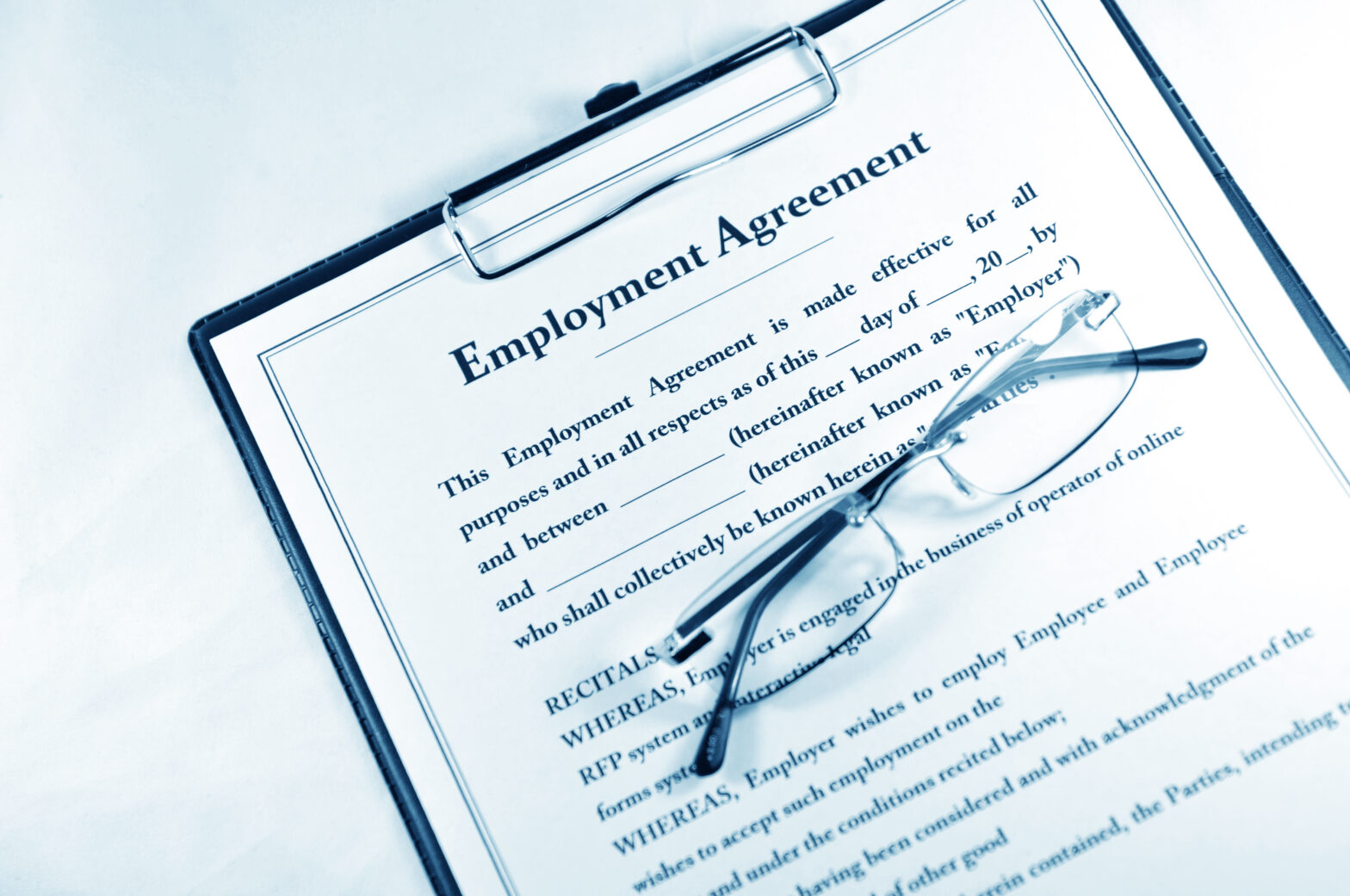Prime Minister Boris Johnson’s decision to lift all remaining Covid restrictions in England means that, from Thursday, 24 February people who test positive for Covid-19, or have Covid symptoms, are no longer legally required to self-isolate.
People infected with Covid will still be encouraged to voluntarily stay at home for at least five days, for now. After 1 April, that Government guidance will end and it’ll be up to the individuals themselves to take “personal responsibility” for their health and others.
After nearly two years of restrictions, the reality of “living with Covid” is finally upon us. There will, no doubt, be endless disputes over the timing of the decision to remove enforced self-isolation periods and scrap the remaining Covid restrictions in England. It’s also unclear whether the arrangements for people living in Scotland, Wales and Northern Ireland will mirror these changes.
>See also: How do bank holidays affect statutory sick pay?
Either way, employers need to act quickly and make some decisions around the policies they are going to introduce (or reintroduce) as to how they will manage symptoms, absence, and sick pay. Particularly given that £500 Test And Trace support (self-isolation) payments are ending, and there’s going to be a significant scale-back of free lateral flow and PCR testing for most people.
It’s going to be interesting to see the different positions that employers take on this. A recent poll of 250 business leaders by HR software provider CIPHR revealed that less than half (48 per cent) were planning to keep their staff with Covid at home and away from the workplace.
‘One third of employers will not require workers who test positive to self-isolate’
A third of employers said they would not require workers who test positive to self-isolate (15 per cent claimed they couldn’t afford to), and a fifth (21 per cent) are still unsure how they’ll deal with the imminent easing of self-isolation restrictions.
Can I send an employee home if they have Covid symptoms?
Ultimately, organisations have a duty of care to provide a safe working environment. Regardless of the reason for any symptoms or sickness (Covid or otherwise), if an employee is clearly unwell and not fit for work then it is reasonable for employers to send them home on sick leave to ensure the safety of other employees (and any other people they come in contact within the workplace).
>See also: Dismissing staff on long term sick leave
In environments that are purely office-based, and where a large proportion of employees have been vaccinated, employers may take the view that employees who test positive for Covid should use their common sense and treat it like any other flu or illness: don’t work if you are unwell, and be conscious of not coming into the office and spreading any bugs.
Can I force my employee to self-isolate?
Other employers will, understandably, take a far more cautious approach and want their employees to be testing negative and to self-isolate to minimise transmission. There is certainly no right or wrong in this scenario, and the risk has to be assessed in the same way as any other risk that a company is presented with.
The difficulties come where employers enforce self-isolation in roles that are unable to be completed from home, and how this will impact people’s pay – especially when employees may be well enough to work. Careful consideration will need to be given to the legalities of policies and procedures that are introduced to cater for those situations, and any impact of new policies on the wider organisation that could affect areas such as staff turnover.
How much is statutory sick pay worth?
From 24 March, various amendments to the statutory sick pay (SSP) regime, introduced earlier in the pandemic, will be removed. SSP will revert back to the standard rules, where employees are only entitled to receive it from the fourth day that they are off work sick. For employers that already had overriding company sick pay policies that were triggered from day one, this is unlikely to have a substantial effect. For organisations that typically only pay in line with SSP rules, they will need to revert back to what was in place pre-pandemic and inform their employees of this change.
What if a staff member says they cannot afford to be off work?
For employees that are only entitled to receive SSP, the impact could be quite substantial – especially as it’s been shown that the virus has been especially prevalent in the UK’s poorest households. The change to SSP rules could leave individuals forced to go to work despite being ill because they cannot afford to be off work. In these instances, employers do need to consider the moral stance they want to take as part of their wider social responsibility, as we continue to emerge from the effects of the pandemic.
Claire Williams is chief people officer at HR software provider CIPHR and a fellow of professional HR body CIPD





